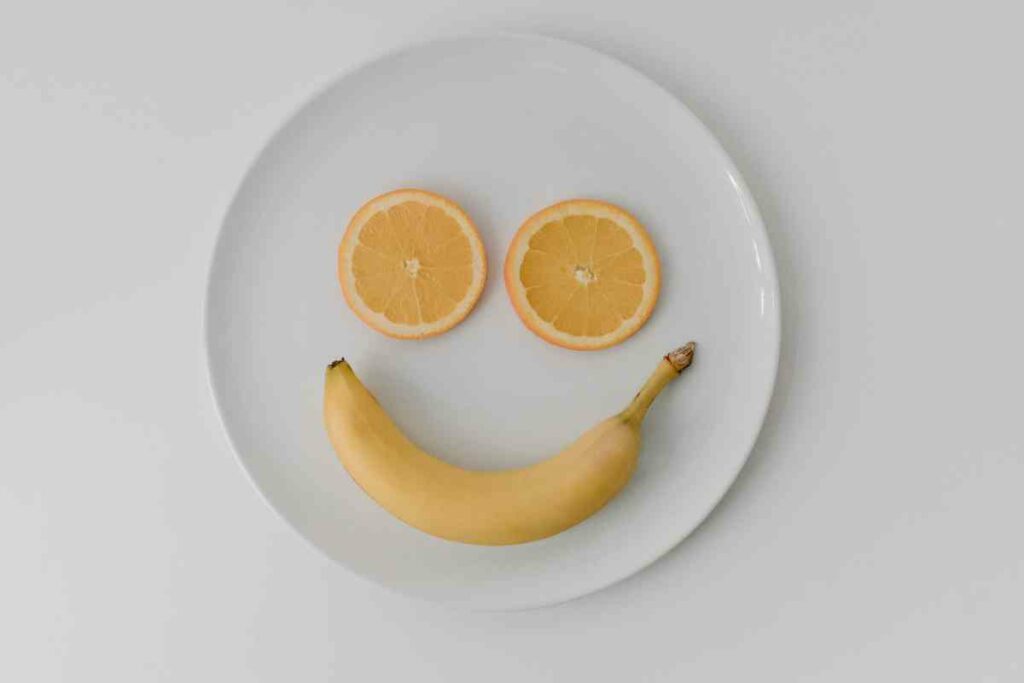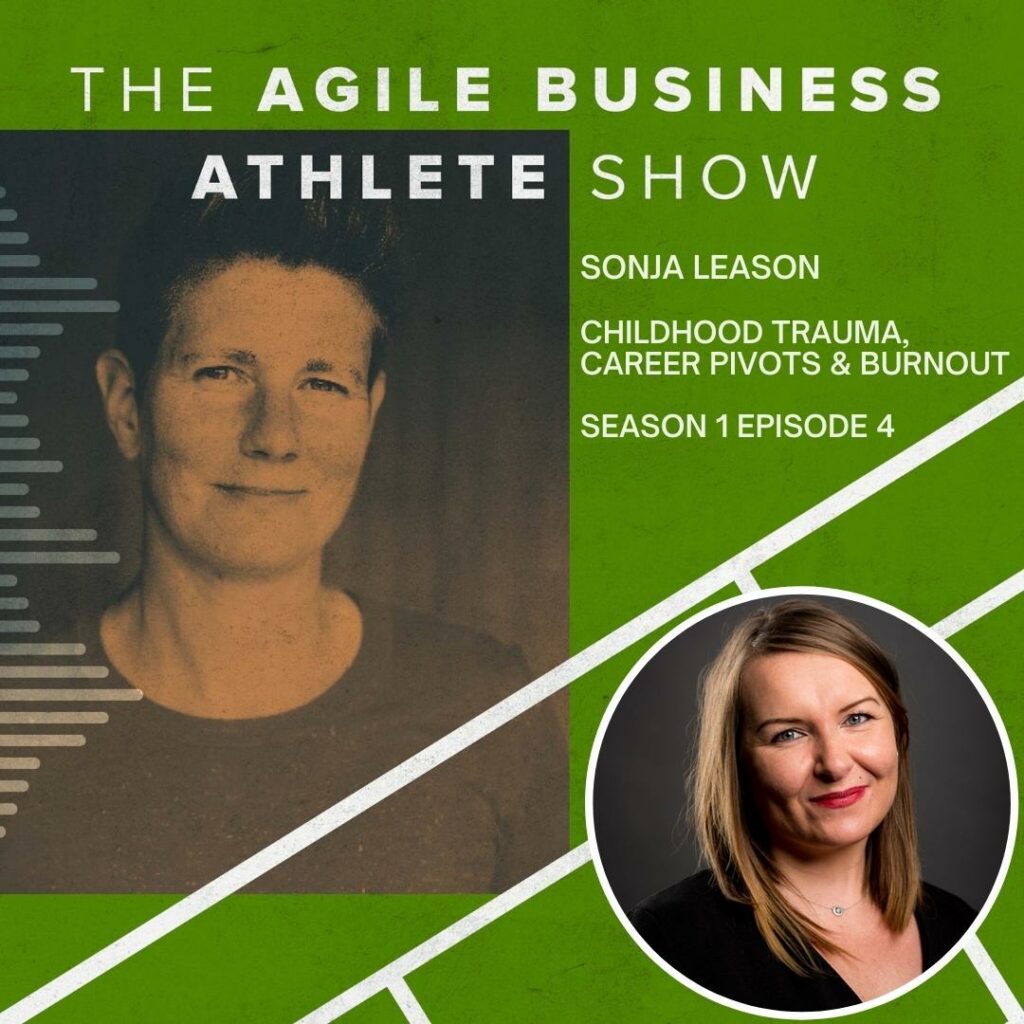This month is all about emotional resilience. For part one, we talked about sleep, and having a bedtime routine. Week two in the series was about meditation and meditative practice. This time it’s about something very close to my heart, having several qualifications in nutrition. And that is food. Or, more specifically, food and mood (and the link between the two!).
How food makes us feel
When it comes to exercising emotional resilience, or indeed any sort of resilience, it’s very hard to do so when feeling hungry – or angry; or lonely; or tired, for example. But, looking at hunger, we can see there is a profound link between mood and food. Not just in terms of our glycemic variability – how much food lifts our blood sugar, either positively or too high, which can be negative – but also how food makes us feel.
Junk food
Let’s start with eating junk food. Much like when we might give our dogs a treat for rolling over on command, our brains reward us for engaging in activities that are pleasurable. How? By releasing dopamine. And eating junk food triggers this response. But I’m not encouraging you to go and seek out chocolate biscuits or cakes – things that make us feel good, but have no beneficial effects on our physiology. No, instead, it’s about thinking about how you can use food to bolster good mood.
The bigger the spike, the harder the crash
What might this look like? Clean foods; protein rich foods; foods that don’t spike your blood sugar particularly high. Remember: the bigger the spike, the harder the crash. And this can send you on a chase for that high, leading to serious problems like diabetes later down the line. Protein, on the other hand, we need for a number of reasons – from maintaining healthy cells to curbing hunger by keeping us feeling fuller for longer. Slow-release energy food provides a gradual source of glucose, which helps to maintain healthy blood sugar levels, and good mood!
Seeing things in a different light
I’d like to share a very short story to put this into perspective for you. A few years back, I was wearing one of those continual blood sugar monitoring devices on my arm, which was keeping track of all my glycemic responses to food. In other words, how my blood sugar was moving. So, I was sitting at home one evening feeling uncharacteristically low. And I was starting to come to some rather bleak conclusions about something. When, all of a sudden, the monitor began beeping rapidly. Which meant my blood sugar was tanking down – and pretty fast, too. I ate something, and that drop started to slow, and then stopped.
The moral of the story: food can make all the difference to your mood, and how you view and react to situations. And, funnily enough, after I’d eaten, that fairly drastic decision I’d almost made?
I no longer saw things in the same way.
So, don’t ignore that link between food and mood. Having the nutrients you need, feeling nourished, and eating good foods is a definite part of building emotional resilience. I hope that helps you, join us next time for the final instalment in this series.
The Cadence Wellbeing Scorecard…
…is a tool that helps you assess and track your progress in achieving work-life balance, managing energy and improving overall wellbeing. Take the scorecard, and receive a free, personalised report with actionable insights you can take into your daily life to optimise your efforts.


